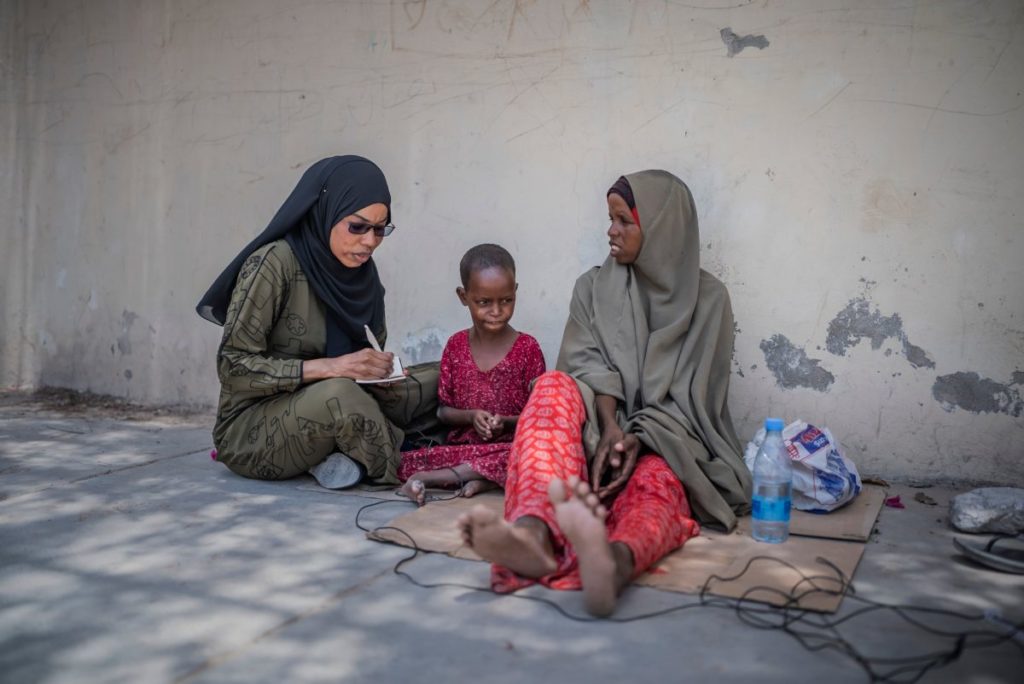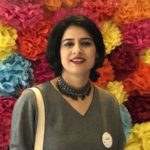
With the launch of Somalia’s first female-led newsroom, a huge swath of the East African country’s population will finally not just be part of the conversation, but steer it.
The United Nations announced it is funding a new media outlet called Bilan, which means “bright and clear” in Somali, and where a team of women journalists will report on long-overlooked, female-centric stories of gender-based violence, entrepreneurship and politics.
The newsroom will be led by Nasrin Mohamed Ibraham, a Somali news producer who, even as a young girl in primary school, demanded to be able to play soccer with the boys. Today, the motorbike rider, rickshaw driver and founder of the organization Sister Sports, is making good on her promise to be a “voice for the voiceless.”
“For the first time, we have a space where we feel safe, physically and mentally,” Ibraham wrote in an editorial published by The Guardian. “Never before have Somali female journalists been given the freedom, opportunity and power to decide what stories they want to tell and how they want to tell them.”
As press freedoms shrink around the world, and in a country with one of the lowest rankings for women’s justice, inclusion and security, according to the Women’s Peace and Security Index, six female Somali reporters now have full editorial control — and the ability to revolutionize the nation’s media landscape.
Issues including child care and domestic abuse, which women have long had to endure in silence, will finally get attention in Bilan’s news coverage.
“We want to cover these issues and challenge societal beliefs that women should stay at home,” Ibrahim said.
Bilan’s roster of reporters come from all over the country, and each is a force to be reckoned with.
Kiin Hasan Fakat fled Somalia at a young age and grew up in a refugee camp in Kenya, where she worked at a Somali radio station. Shukri Mohamed Abdi, who has dabbled in both reporting and producing, left her family and village to work for Bilan in the bustling city of Mogadishu.
Another reporter, Naciima Saed Salah, said her decision to become a journalist meant going against her family, who told her “it ran against our culture and that women should not work in male-dominated environments.”
According to UN interviews with female Somali journalists, their struggles aren’t just confined to the home or the athletic field. They are even harassed in their own offices.
“The biggest challenge facing female journalists in Somalia is abuse, especially from male journalists,” said Bilan’s deputy editor, Fathi Mohamed Ahmed. “They offer to help you, but only if you give them something in return.”
The UN is also implementing a mentorship and training program with established journalists from news outlets around the world, including the BBC and Al Jazeera.
Bilan’s launch comes on the heels of “Writing with Fire,” an award-winning documentary about the first female-led newsroom in India, and offers hope for a future where women’s stories are reported on by women.
“We hope this will be a gamechanger for the Somali media scene, opening up new opportunities for women journalists and shining a light on subjects that have been ignored,” said UN representative Jocelyn Mason.




